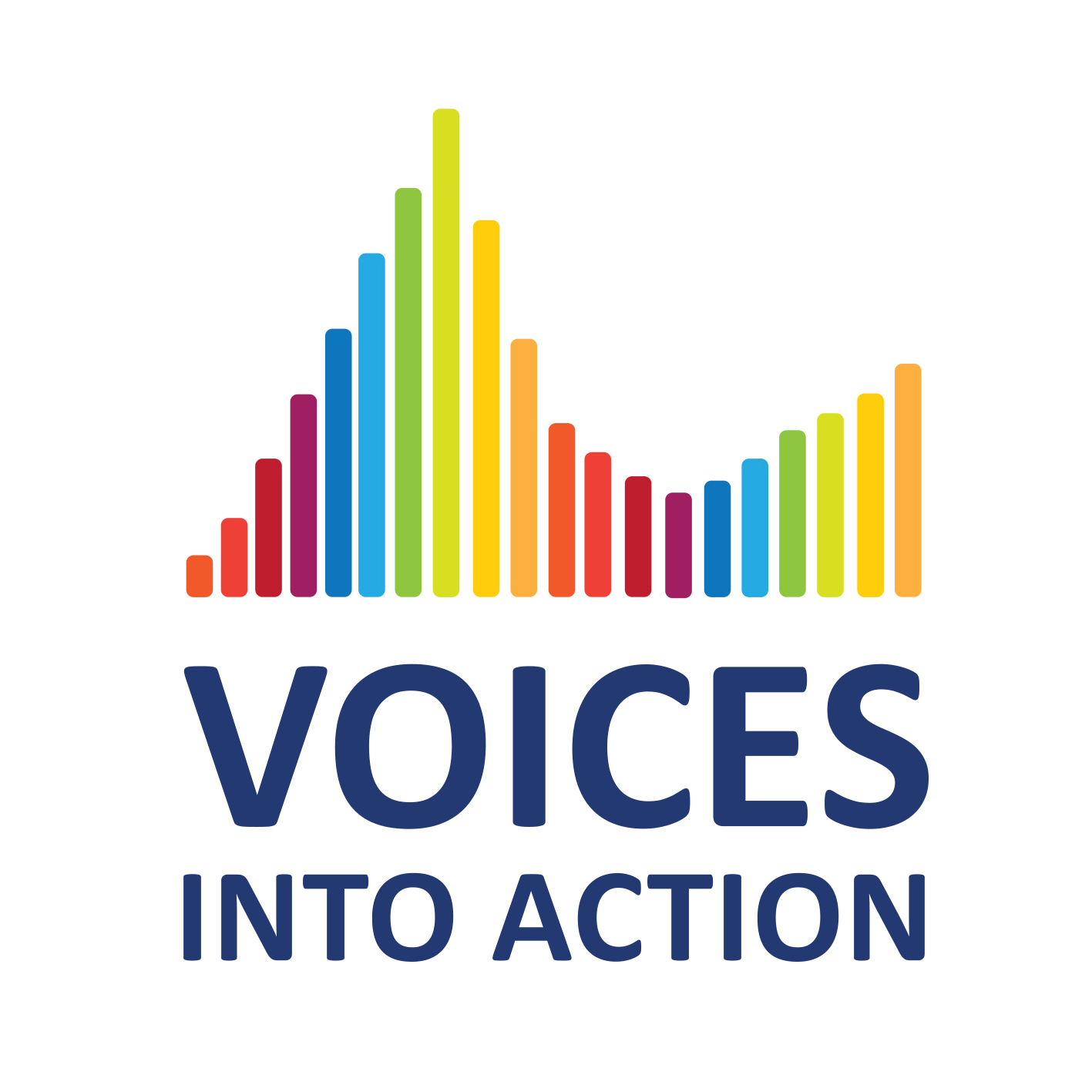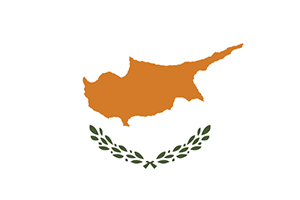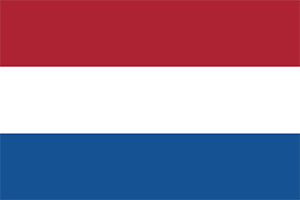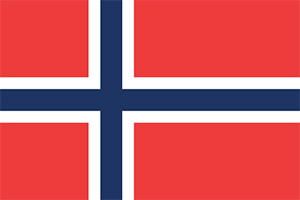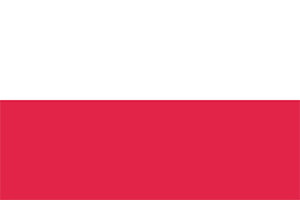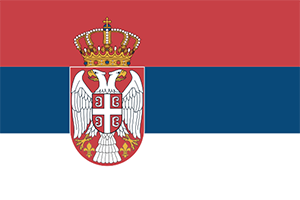Country examples of practice
The Agency collected and summarised concrete examples of learner, family and community participation, primarily in educational contexts. These examples showcase ways that countries have integrated learner and family voices into decision-making at national, regional and local levels. They do not indicate ‘best practices’, but they share different approaches to involving learners and families in building inclusive education systems.
Note: country examples may differ slightly in their usage and definitions of some terms and phrases. Please refer to the Agency glossary for general definitions.
Use the provided search filters to narrow down examples by country, system level, topic area, target group and framework element. Click the 'Reset' button to clear the selected filters. Please contact secretariat@european-agency.org if you would like to see or provide examples from an Agency member country that is not included.
A 17-year-old learner with cerebral palsy had been studying at a special unit in Cyprus. Separation from his friends and classmates had a negative psychological impact. Hence, he requested to be transferred to the mainstream class of his local school.
The Dutch Ministry of Education aims to legally anchor the ‘hearing rights’ (the right to be heard) of all learners aged 4–18 in matters concerning their support needs in education. This legislation aims to ensure that learners can provide opinions on the support they receive. It also aims to make information about appropriate support options and partnerships within schools more accessible to parents and learners.
A Cypriot school provided a platform for a non-verbal learner with cerebral palsy and hearing issues and the learner’s mother to express what was needed for the learner to feel and be included in mainstream classes. Special needs practitioners from a school for the deaf offered guidance and expertise to stakeholders at the mainstream school.
Statped is a national-level special needs education support service for municipalities and county municipalities. Statped has about 100 representatives from different interest organisations divided into different ‘user’ involvement groups. The organisation aims to ensure the voices of its ‘users’ are heard across system levels.
As part of a report called ‘Barn og unges stemmer - Kunst og kultur’ (or the ‘BUSK report’), the Norwegian Ministry of Culture aimed to develop a white paper on arts and culture for children and young people.
The Ministry of Education and Research held a dedicated stakeholder consultation with children as part of the government’s preparations for the future Education Act. The purpose of the consultation was to secure a transparent process and a strong evidence base for decisions.
The Norwegian Ministry for Education and Research is working on a white paper regarding young people and school, aiming for publication in 2024. It organised a panel of learner representatives from all regions that could gather in-person and online and give input to the paper.
The Ministry of National Education’s Department of Education and Inclusive Education worked with a non-governmental organisation called the Innopolis Foundation to arrange an online meeting with over 120 learners of various ages, including those with disabilities.
The National Association of Parents and Teachers of Serbia (NARNS) was developed with the support of the Open Society Foundations, UNICEF and the Ministry of Education. NARNS aims to develop a platform for discussion and a culture of respect and co-operation between parents and teaching staff.

